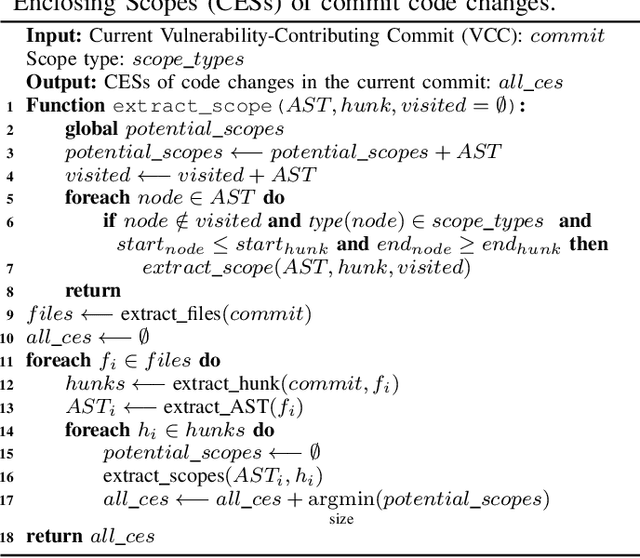DeepCVA: Automated Commit-level Vulnerability Assessment with Deep Multi-task Learning
Paper and Code
Aug 18, 2021



It is increasingly suggested to identify Software Vulnerabilities (SVs) in code commits to give early warnings about potential security risks. However, there is a lack of effort to assess vulnerability-contributing commits right after they are detected to provide timely information about the exploitability, impact and severity of SVs. Such information is important to plan and prioritize the mitigation for the identified SVs. We propose a novel Deep multi-task learning model, DeepCVA, to automate seven Commit-level Vulnerability Assessment tasks simultaneously based on Common Vulnerability Scoring System (CVSS) metrics. We conduct large-scale experiments on 1,229 vulnerability-contributing commits containing 542 different SVs in 246 real-world software projects to evaluate the effectiveness and efficiency of our model. We show that DeepCVA is the best-performing model with 38% to 59.8% higher Matthews Correlation Coefficient than many supervised and unsupervised baseline models. DeepCVA also requires 6.3 times less training and validation time than seven cumulative assessment models, leading to significantly less model maintenance cost as well. Overall, DeepCVA presents the first effective and efficient solution to automatically assess SVs early in software systems.
 Add to Chrome
Add to Chrome Add to Firefox
Add to Firefox Add to Edge
Add to Edge